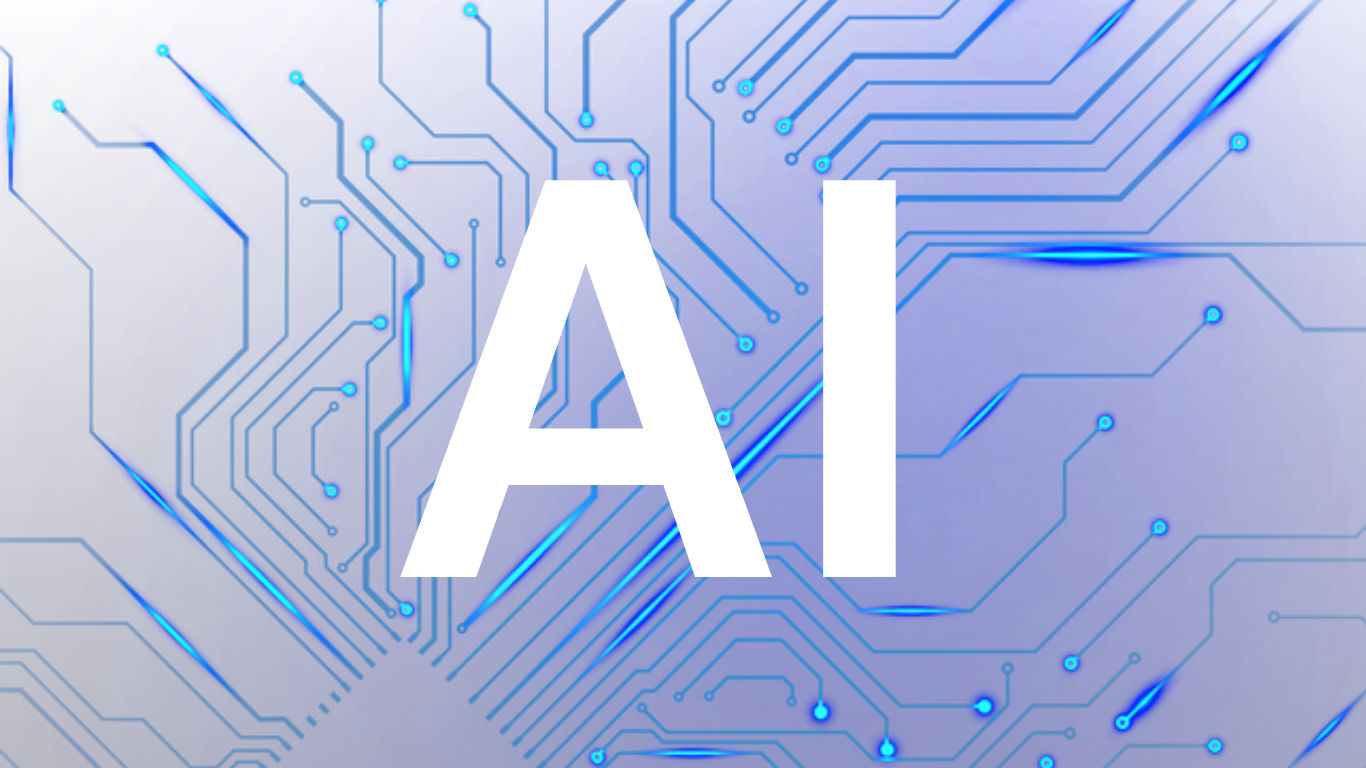
403
Sorry!!
Error! We're sorry, but the page you were looking for doesn't exist.
AI Data Explosion to Spark Major Storage Shortage
(MENAFN) Artificial intelligence (AI) devices are expected to generate data at a rate 1,000 times greater than that produced by humans, which could trigger a significant shortage in storage capacity in the coming years, according to the inventor of the pen drive who shared his insights with a news agency.
Datuk Pua Khein-Seng, the creator of the single-chip USB memory and CEO of Phison Electronics, revealed that he developed the first USB flash drive powered by a single chip back in 2001.
Speaking during the GITEX Global event in Dubai, Khein-Seng explained that after focusing on USB drives, he shifted his attention to memory cards.
Currently, his company provides storage solutions based on NAND flash memory, which is primarily designed for use in computers and other electronic devices.
He added that his company is actively developing NAND memory controllers and systems because this type of memory is utilized in a wide range of products, including computers and cameras.
Khein-Seng emphasized that both individuals and systems worldwide demand vast storage capacities, and the need for NAND storage technology is expected to surge significantly in the near future.
While AI applications are often considered costly due to their heavy reliance on graphics processing units (GPUs), Khein-Seng pointed out that the true limitation lies in memory capacity, particularly the scarcity of DRAM.
However, by implementing adaptive layered solutions, this bottleneck can be mitigated through increased memory availability.
“Flash memory will be the only solution to let the AI systems make (an) expansion because memory is under constraint,” he concluded.
Datuk Pua Khein-Seng, the creator of the single-chip USB memory and CEO of Phison Electronics, revealed that he developed the first USB flash drive powered by a single chip back in 2001.
Speaking during the GITEX Global event in Dubai, Khein-Seng explained that after focusing on USB drives, he shifted his attention to memory cards.
Currently, his company provides storage solutions based on NAND flash memory, which is primarily designed for use in computers and other electronic devices.
He added that his company is actively developing NAND memory controllers and systems because this type of memory is utilized in a wide range of products, including computers and cameras.
Khein-Seng emphasized that both individuals and systems worldwide demand vast storage capacities, and the need for NAND storage technology is expected to surge significantly in the near future.
While AI applications are often considered costly due to their heavy reliance on graphics processing units (GPUs), Khein-Seng pointed out that the true limitation lies in memory capacity, particularly the scarcity of DRAM.
However, by implementing adaptive layered solutions, this bottleneck can be mitigated through increased memory availability.
“Flash memory will be the only solution to let the AI systems make (an) expansion because memory is under constraint,” he concluded.

Legal Disclaimer:
MENAFN provides the
information “as is” without warranty of any kind. We do not accept
any responsibility or liability for the accuracy, content, images,
videos, licenses, completeness, legality, or reliability of the information
contained in this article. If you have any complaints or copyright
issues related to this article, kindly contact the provider above.


















Comments
No comment